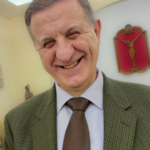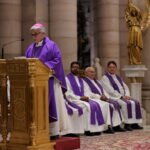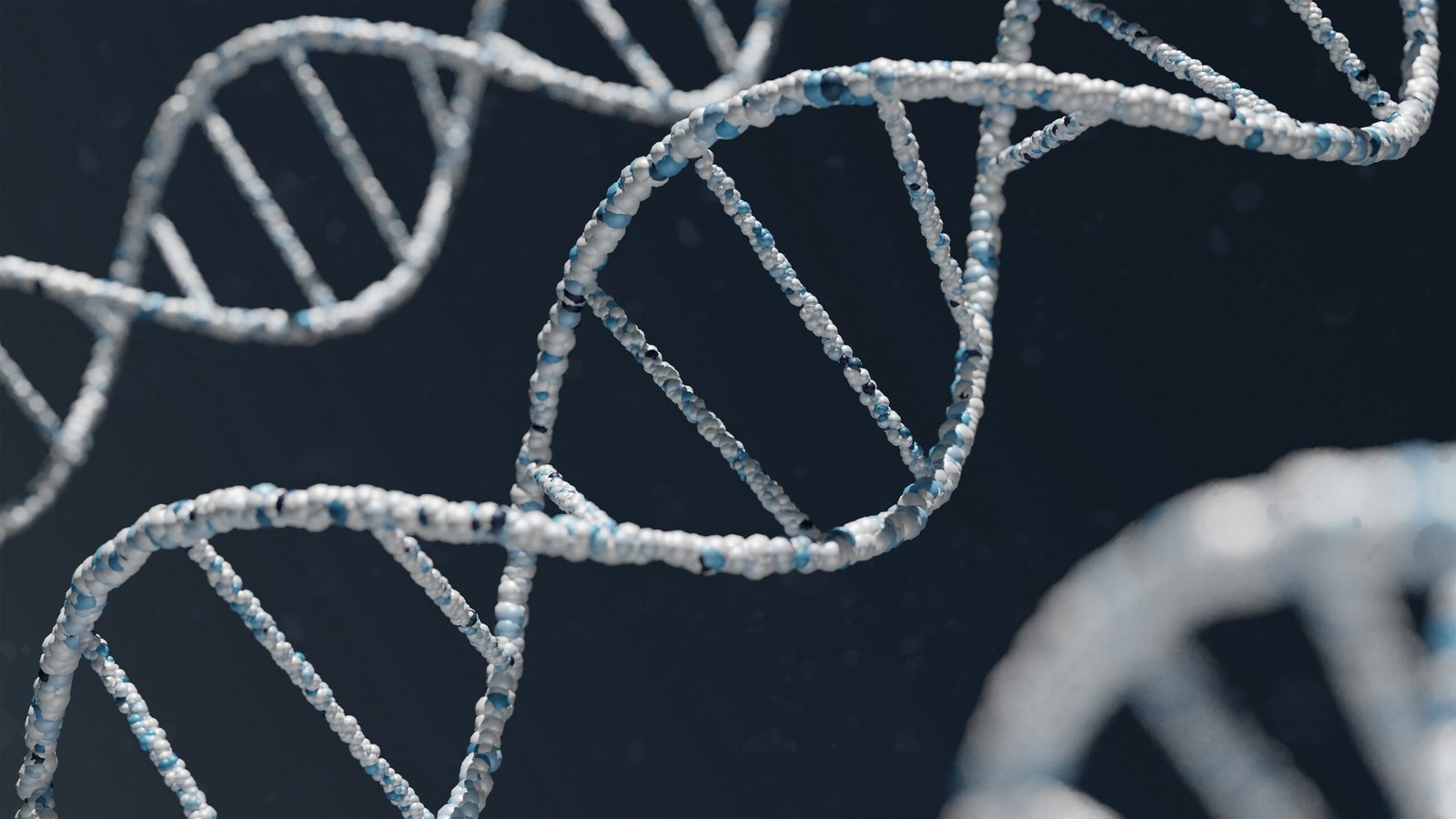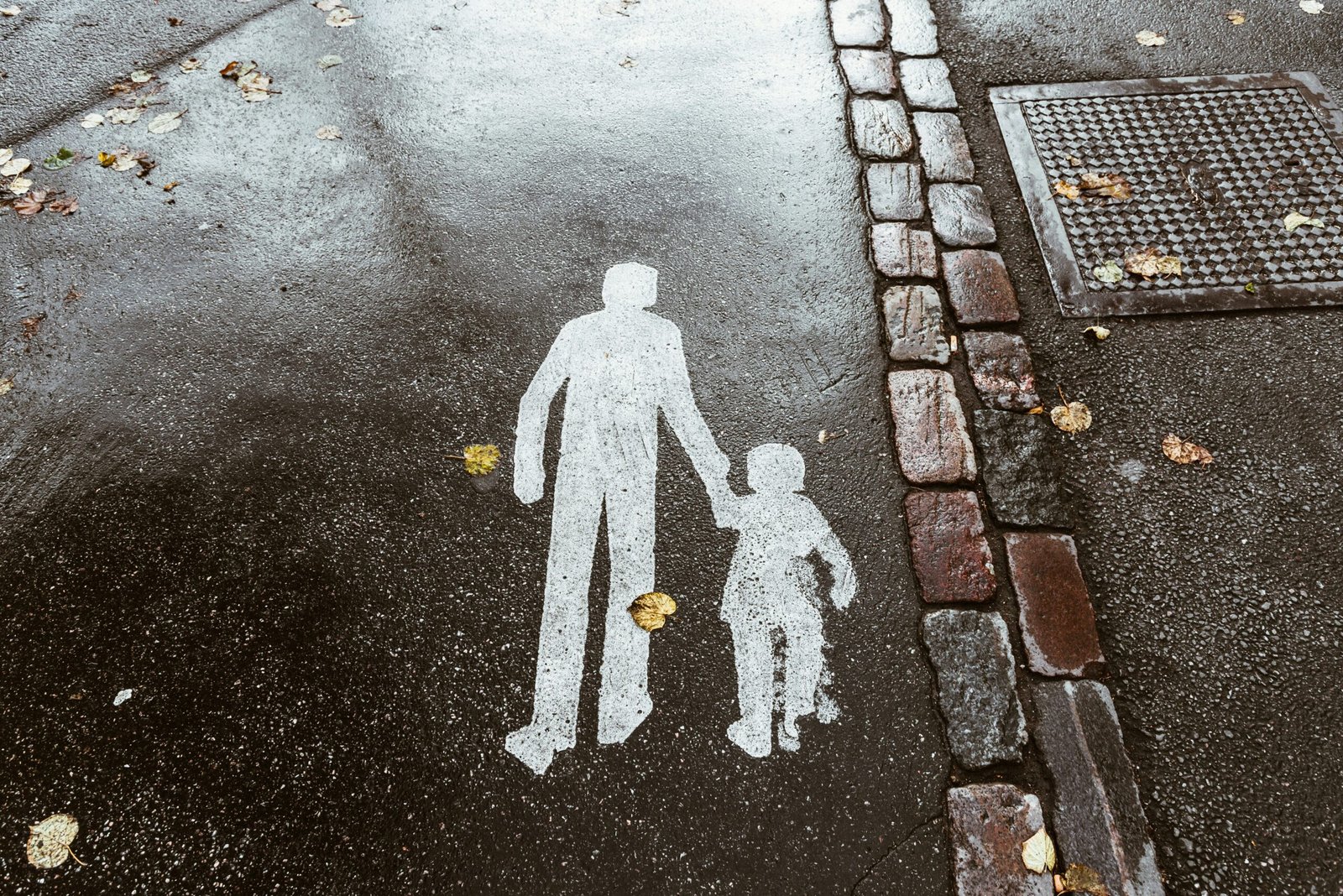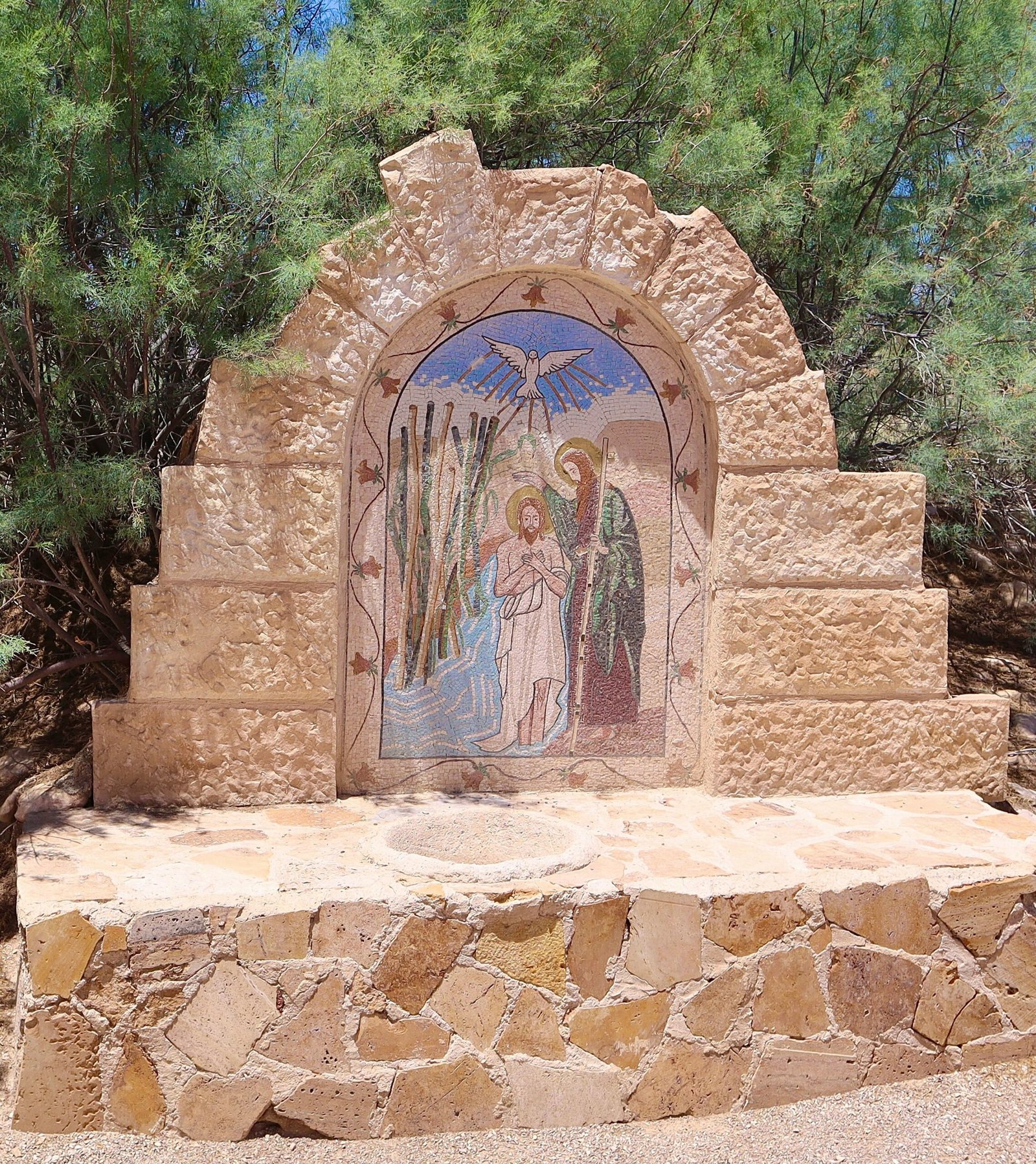
Gospel according to Saint Mark 13:33-37:
Jesus said to his disciples: “Be watchful! Be alert! You do not know when the time will come. It is like a man traveling abroad. He leaves home and places his servants in charge, each with his own work, and orders the gatekeeper to be on the watch. Watch, therefore; you do not know when the lord of the house is coming, whether in the evening, or at midnight, or at cockcrow, or in the morning. May he not come suddenly and find you sleeping. What I say to you, I say to all: ‘Watch!’”
To Sleep or to Dream?
Luis CASASUS President of the Idente Missionaries
Rome, December 03, 2023 | First Sunday of Advent
Isa 63:16b-17.19b; 64,2b-7; 1Cor 1:3-9; Mk 13:33-37
I remain in awe of the different sensitivities of many people. Some, because they have grown up in a culture different from mine and are able to better appreciate certain events or certain signs of nature; others, because they have suffered painful experiences from which they have learned; others, because they discover in works of art what I am not able to see; others, because they are women, or mothers, or fathers; others, because they have reflected and prayed more than I have.
What is certain is that there are a multitude of realities and events, inside and outside of me, to which I am asleep, to which I do not pay attention and which I have not learned to value. This explains why today Christ insists on the need to be attentive, to wake up.
Once upon a time there was a king who loved to eat well. When the castle cook became too old to continue preparing meals, the king looked for a new cook. A young man applied for the job. The king said to him: I want you to cook for me the best and most important dish in the world.
That night the king sat down at the table. When he looked at the special dish, he exclaimed, Wow, it’s cow’s tongue!
The young man replied: Yes, it is. Nothing is more important than the tongue if it is used correctly. The tongue is used to teach, to explain, to command, to defend, to calm. The tongue is used to sing to babies and to make pacts. The tongue has to be the most important thing for a king.
The king said, I must say, I didn’t realize it, young man. You have opened my eyes. So, tomorrow night, I want you to prepare me the worst dish you know.
The next night, the young man served the king cow’s tongue. The king asked: What’s going on here? Last night, tongue was the best dish in the world. Tonight it is the worst. How can it be?
The difference is what you do with it, sir, said the young man. Tongues gossip, cause trouble and tell lies. Tongues are cruel and hypocritical. That’s why tongues can be the worst dish in the world.
Yes, I see, replied the king, I also see that I need your wisdom in my court. I will find someone else to work in the kitchen.
Indeed, our tongue is a good example of something very close and very intimate, even material, that we should value with care. But, in this Advent that is beginning, we are invited to remember that we lack the perspective, sensitivity and light to appreciate and take advantage of many more things that surround us. Thus, last week we spoke of the presence of Christ, manifested in many ways: in the Eucharist, in our neighbor, in an assembly gathered in his name….
Now is a good time to look at what we might hardly consider valuable, or even indispensable. This is the case of what we call crisis, critical moments, serious difficulties. We are not going to make any philosophy, but Christianity was born in a critical moment: The Last Supper.
The disciples had gone with the Jesus to Jerusalem, hoping that he would manifest himself as the mighty Messiah-King. But that night it became clear that he was not. So they thought about how to abandon him: one betrayed him, another denied him, and the rest fled. It seems very paradoxical that the founding story of our Christian faith seemed to be a story without future or hope. However, it was precisely from this crisis that hope emerged…. Every time we gather to celebrate the Lord’s Supper, we revisit this drama. It is the Sacrament of hope. At the Last Supper, Jesus did not promise his disciples that things would turn out well. He did not give them concrete plans for the future. Instead, he broke bread and gave them a cup. He performed a sign that spoke of hope when no hope seemed likely.
In such cases, you and I generally react like the apostles: fleeing, avoiding the pain, escaping from the difficulty, perhaps giving up in many ways, one of which is to continue walking without enthusiasm. This is the predictable, the instinctive, let’s say the mediocre, what usually is described as logical or natural. It was also “natural” that the fig tree that Christ withered at the root (Mk 11: 12-14) had no fruit…because it was not the season for figs. The poor and innocent fig tree served for us to understand that God gives us unexpected signs, calls us for help that sometimes we do not believe,
– because we are not feeling at our spiritual best,
– or because we are really busy doing good things that we consider more urgent and we are the ones who need help,
– or because we do not believe that they are really signs from God, who we judge “should communicate in another way” …This is not surprising, because later, after the Ascension, there was a new crisis, with the persecutions, the death of Peter and Paul and many others as martyrs, the divisions among Christians… and also the expected Messiah did not arrive. That was the moment of crisis that Providence took advantage of to inspire the Gospels and produce a completely unexpected expansion.
Hope teaches us to walk in the shadows, sometimes without seeing the next steps and perhaps with little strength, but with the certainty that we are guided by the will of God. The hope of the ascetic is free from the two extremes into which the instinctive, individualistic soul falls: discouragement and naive optimism that sometimes proclaims the world saying: Everything will be fine! It is not true. All will not be well, but the Holy Spirit will use it so that the kingdom of heaven advances, as we said before, in an unpredictable way.
It was also said by Václav Havel, the Czech Catholic writer and politician: Hope is not the same as optimism. It is not the conviction that something will turn out well, but the certainty that something makes sense, regardless of how it turns out.
—ooOoo—
The First Reading, one of the most beautiful texts in the Old Testament, cries out for God’s presence, asking him to come tearing the sky and melting the mountains with his presence. The author brings to mind how God has helped his people in the critical moments of the past, even after Israel committed profound infidelities.
This is also the mood of the Second Reading, where St. Paul reminds Christians that they do not lack any gift, and therefore do not need to await the coming of Christ, who has not gone away, but trust in a coming that will be the last, the definitive one. This is so important that St. Paul leaves for the end of his letter the harsh rebuke for the vices of the Corinthian community; the first thing, the starting point, is to be aware of what God has placed in my hands in spite of my mediocrity.
What we do need is to stay awake, which means learning to look at the past, live in the present and prepare for the future. It is a true spiritual attention, not individual, but lived together with the Divine Persons. This is what St. Augustine said when he spoke of memory.
* If I forget my sins of yesterday and the forgiveness received from my heavenly Father, I am not awake. It is gratitude that frees me from vainglory, selfishness and intolerance.
* If I do not now have my eyes on the person of Christ when I do, think or say anything, I am not awake. This is what our Founder calls the Spirit of the Gospel.
* If I do not behave like a prophet, if I do not live dreaming and preparing myself for the horizon that the Holy Spirit is revealing to me for tomorrow, I am not awake.
—ooOoo—
Christ repeats three times: Be alert, be vigilant. Without a doubt, this is a colossal task, for which we need all the energy we have and all the grace we receive. Watchfulness does not only mean to look at what is happening “within me” and around me, but also to be aware of all the forms of relationship I have with my neighbor. Christ comes into my life, but he also sends others in many ways, certainly more than I can imagine.
These days I was remembering how the memory of a schoolmate, who was not the best student, nor the nicest, nor one of my close friends, has always influenced my life. His memory has never left me, although I cannot remember any of his words. We were very young, pre-adolescents, and he fell ill with tuberculosis, a rare disease in our environment. That ailment caused him suffering and limitations of all kinds. Several of us started to get together to prepare small comic performances when we visited him in the hospital on Sundays. It was thanks to him that we learned to sacrifice our weekend plans; it was thanks to him that we became closer friends and it was thanks to him that we took a small big step in our maturity.
Yes; Christ changed his form of presence making it dynamic, a continuous coming.
He comes to us putting comfort and joy in our hearts, helping our memory, making us contemplate what we have received from Him, perhaps for years.
He comes to us secretly touching every fiber of our soul, without anything happening around us, without our having called Him.
He comes to us in the tears of our neighbor, sometimes allowing us to contemplate a weakness and a fear that we did not suspect.
He comes to us when he makes us realize that our mission goes beyond what we thought and pushes us to use all the talents we have received.
And, above all, He comes to us in the night, when all around us everything is a cult of vanity, of our own desires, of our own idea of good. When we are NOT prepared for his presence, as it happened to Moses (Exodus 3), without realizing that the place where we are standing is holy ground.
_______________________________
In the Sacred Hearts of Jesus, Mary and Joseph,
Luis CASASUS
President







